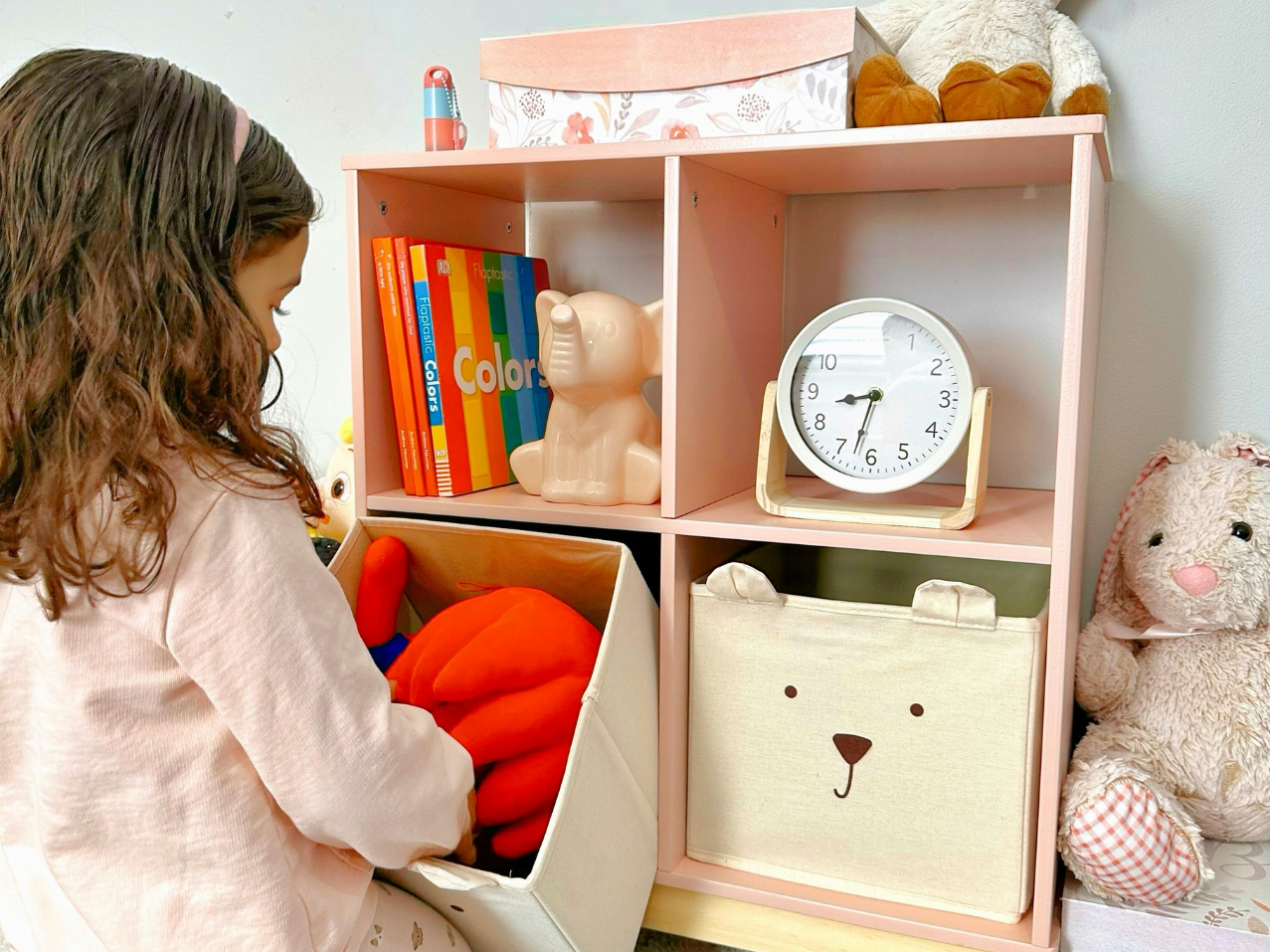Menu
-
-
Shop Holiday Items
-
Shop Gifts By Age
- Gifts For a 0-6 Month Old
- Gifts For A 6-12 Month Old
- Gifts For A One Year Old
- Gifts For A Two Year Old
- Gifts For A Three Year Old
- Gifts For A Four Year Old
- Gifts For A Five Year Old
- Gifts For A Six Year Old
- Gifts For A Seven Year Old
- Gifts For An Eight Year Old
- Gifts For A Nine Year Old
- Gifts For A Ten Year Old
-
Shop Gifts By Budget
- New Arrivals
-
Toys
- Large Active Toys
- Animal Toys
- Arts & Crafts
- Award-Winning Toys
- Bath Toys
- Birthday Wishlists
- Building Toys
- Cars, Trains, & Trucks
- Games
- Instruments
- Loose Parts Play
- Loot Bag Toys
- Made in Canada
- Outdoor Toys
- Pretend Play
- Puzzles
- Sensory And Fidget Toys
- Sensory Bin Tools & Fillers
- STEM Toys & Activities
- Toronto-Themed Gifts
- Travel Toys
- Wooden Toys
- Waiting Room Toys & Furniture
-
Montessori Materials
- Montessori At-Home Program
-
Montessori Furniture
-
Bundles & Sales
-
Books
-
Shop By Age
-
Shop By Brand
- Brands A-F
- Brands G-L
-
Brands M-R
- MagicPlaybook
- Magna Tiles
- Make Believe Ideas
- Makedo
- Manhattan Toys
- Math for Love
- Milaniwood
- MindWare
- Mojo Toys
- Moluk
- Moulin Roty
- Native Northwest
- nic
- Nienhuis
- Ooly
- Opinel
- Ostheimer
- Papoose
- Peaceable Kingdom
- Plan Toys
- Plus-Plus
- Preschool Collection Watches and Timers
- Ravensburger Puzzles
- Real Life Pages
- Brands S-Z
-
- 866-901-4696
- Gift Registry
- Login


What to do if your child doesn’t want to go to school...
3 min read
This might be a helpful email in a few weeks, as your child returns to school after winter break.
Even children that love school, tend to have a hard time returning after a long break.
Here's how to help when your child goes through any period where they don't want to go to school (and other reasons they might feel that way).
This is Normal
First understand that it's normal for children to not want to go to school sometimes.
This can happen at different ages - toddlers, preschoolers, and school-age children. As an adult, there's days when you don’t want to go to work!
Going to school means saying goodbye to loved ones, leaving the comfort of your home, being around a lot of people, etc.
School can be hard physically and mentally - children are learning, participating in activities, doing physical exercise, developing their social skills, and so much more.
It's important to approach this from a place of understanding and empathy.
Start Here.
If your child doesn’t want to go to school, start by talking to them about it.
Depending on your child’s language skills, you can ask them why they don’t want to go.
You can also empathize with them, "I wish I could stay home and play with you all day too but I have to go to work, just like you have to go to school."
You can also give them (and you!) something to look forward to by planning out an activity you’ll do after school together.
It doesn’t have to be anything extravagant. Even just plans to read a book or play a game together will help your child to feel connected.
Ask "Why? And Why Now?"
When a child has a change in behaviour, like going from enjoying school to not enjoying school, Dr. Shanker (author of Self-Reg) suggests we ask "Why? And Why Now?"
- Are there other disruptions in the routine? - a parent working long hours, travelling for work, a relative in town, a new sibling, etc?
- Are they getting enough sleep?
- Are they feeling sick?
We talk about how resilient children are, which is true in many ways, but they’re also very sensitive to change, even positive ones.
They adapt but initially it can be unsettling for them. Remember that young children have an especially strong sense of order.
If their routine changes, it can affect their mood, behaviour, etc.
Work With Your Child's Teacher
If your child is struggling with school, it's best to talk to their teacher.
Most will happily work with you to come up with a plan to make things easier for your child.
For example, they might suggest:
- keeping your child close throughout the day for awhile
- drawing pictures to give to you at end of day
- have you pick up them up early throughout a transition period (if possible)
These feelings are often temporary and part of their growth. These small accommodations might help them work through the transition.
If the feelings aren’t temporary and they are really not wanting to go school at all - big emotional meltdowns, refusing to go in, not able to calm down, no connection to teachers, etc, it would be a good idea to speak to the school and your paediatrician.
There could be something more going on.
Maintain A Routine
One of the best ways to help your child manage their feelings around going to school is maintaining a consistent routine.
A big part of why children adjust to coming to school every day is because they recognize it as part of their routine.
Check out our past blog post: 5 Steps To A Peaceful Montessori Morning Routine With Young Children for tips on how to create a peaceful morning routine.
After Winter Break
It's normal if your child doesn't want to return to school after winter break in a few weeks.
This is typically because their routine has been thrown off so give them some time and they’ll readjust.
The teachers expect there to be some changes in behaviour the first few days and weeks after a break.
Join Our Montessori Community
Sign up to get weekly activities, free printables, Montessori parenting guidance, and so much more.
Plus, get $10 off your first order of $100+.
Like this article? Get new articles, weekly activities, free printables, Montessori parenting guidance, and so much more.
One mom recently shared:
"Your newsletter is always SO great. It is one of the few I open and read weekly. You provide so much value. Thank you!"


